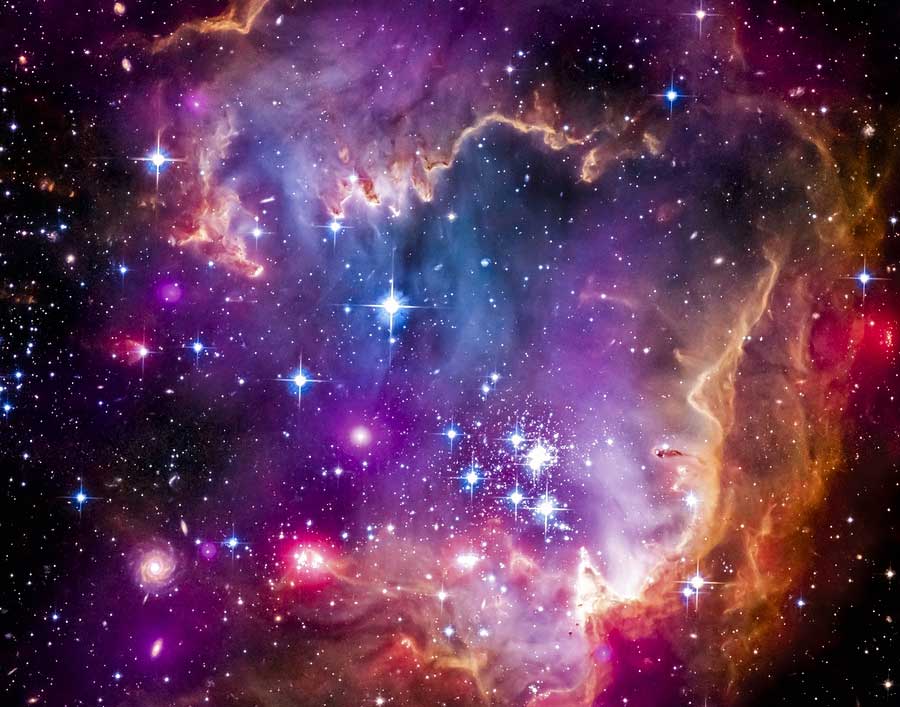London – A new study published in the Monthly Notices of the Royal Astronomical Society (MNRAS) discovered why and how galaxies are shaped they way they are after the Big Bang. Astronomers from Dublin’s Cardiff University discovered that a significant amount of galaxies have gone through a metamorphosis since the beginning of our complex universe.
“Up to now we’ve seen individual cases in the local universe where galaxy collisions convert spirals into ellipticals. This study shows that this kind of transformation is not exceptional, but is part of the normal history of galaxy evolution.” Steve Eales, the lead author of the study said.

Research details
For this new discovery astronomers studied more than 10,000 galaxies and classified them in two types: Flat, rotating galaxies (spiral), and found 49 percent of stars are currently located in these disc-shaped galaxies. The other 51 percent are located in one oval, with swarm of distorted stars (elliptical).
Researchers found that 83 percent of the galaxies created since the Big Bang were initially located in a disc-shaped galaxy but then 50 percent of this sample had metamorphosed into disordered galaxies. “This research is necessary because it establishes statistics displaying that the majority stars shaped in spiral galaxies prior to now, however a big fraction of those now seem as giant, lifeless, at this time” Asantha Cooray, co-author of the research said.
To achieve these results, astronomers used the Hubble space telescope, which was launched into low Earth orbit in 1990, and the Herschel telescope which is the largest infrared space telescope ever launched. They observed both near and far galaxies aiming to figure out the history of universe to reinforce or modify previous theories.
“Many people have claimed before that this metamorphosis has occurred, but by combining Herschel and Hubble we have for the first time been able to accurately measure the extent of the transformation.” Eales stated.
What’s next?
This new discovery will help astronomers to modify further models shapes of the early universe. Moreover, these models will determine how galaxies formed in the last 13 billion years of the universe existence. Also how was their behavior during the process.
“Galaxies are the basic building blocks of the Universe, so this metamorphosis really does represent one of the most significant changes in its appearance and properties in the last 8 billion years.” said Eales.
Source: Cardiff University
